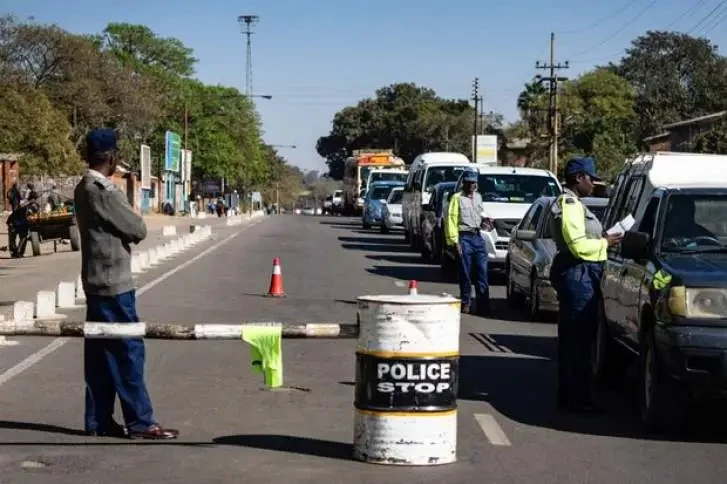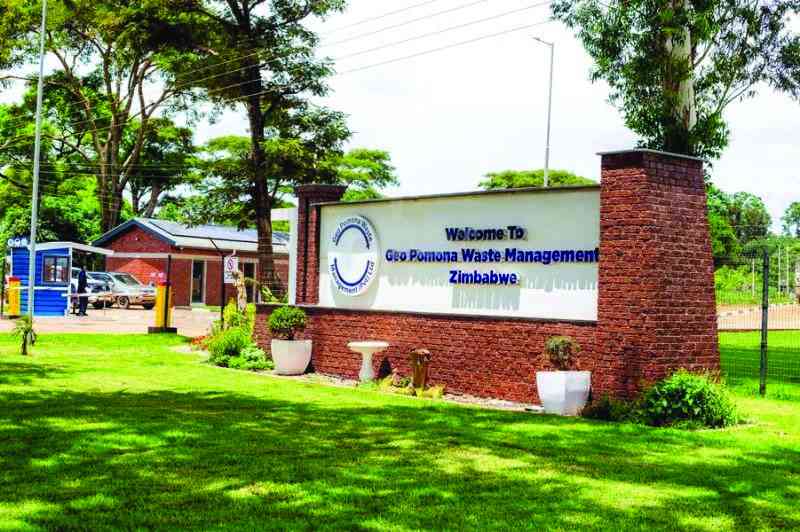
A STAGGERING 12 981 road traffic accidents were recorded nationwide between April and June this year, according to recent data from the Zimbabwe National Statistics Agency.
The accidents, a 3,4% increase from 12 558 reported in the first quarter of 2023, claimed 514 lives and left 2 567 injured.
These alarming statistics come at a time the Zimbabwe Republic Police (ZRP) has launched the ongoing operation dubbed “Tame the Traffic Jungle” in a bid to bring sanity to the country’s ever perilous roads.
“This operation has been necessitated by the lawlessness on the roads especially in major cities and towns where some drivers are openly causing chaos and congestion by driving against one-way, oncoming traffic, through red robots and reckless lane violation,” said ZRP while launching the blitz on September 12 this year.
Last Friday, some 101 661 arrests had been made on errant drivers with close to a third of the traffic offenders being pirate taxi operators known on the streets as mushikashika.
“So far 2 349 arrests have been made on vehicles without route permits while 30 950 arrests have been made on illegal pirate taxis. 486 motorists have been arrested for reckless driving while 7 703 people have been arrested for touting. Meanwhile, 1 886 vehicles have been impounded for moving on the roads without registration plates,” the police wrote in a daily update.
Although the figures announced by the police are high, they seem to be a drop in the ocean as chaos on the country’s roads, particularly in major cities like Harare, has persisted.
A survey by NewsDay in the capital showed that serial traffic offenders have devised ways to remain on the roads, despite a heavy police presence and roadblocks, especially in the initial two weeks of the exercise.
- Lobby group bemoans impact of graft on women
- Corruption watch: Rogue cops: Blame it on the bosses
- DJ Ladyg2 fights stereotype in showbiz
- Corruption watch: Who is benefitting from the Pomona sham deal?
Keep Reading
One wonders if the law is being implemented effectively and whether penalties for flouting road traffic rules have a deterent effect.
Of note is the sustained menace caused by registered and unregistered public transport operators who mostly drive recklessly putting the lives of passengers, pedestrians and other motorists in danger.
“There is no doubt that we have a transport problem in this country but the existence of pirate taxis and their daily duels with law enforcement officers is claiming collateral damage in the form of unsuspecting commuters and pedestrians,” says Passengers Association of Zimbabwe president Tafadzwa Goliati.
True to Goliati’s sentiments, the effects of operation “Tame the Traffic Jungle” have weighed down heavily on the commuting public who are paying the price for the country’s dysfunctional transport system as well as worn-out infrastructure, which ostensibly gives life to the illegal taxi business.
In the absence of a formal transport network, the travelling public is forced to use illegal operators who subject them to high fares, abuse and high risks of ending up involved in accidents.
Therefore, can the authorities rein in errant motorists without addressing the root problems? Is the current blitz doomed to be another failed attempt at bringing sanity to the country’s roads?
National police spokesperson Assistant Commissioner Paul Nyathi said it will take all hands on deck to succeed although there is “tremendous progress” in their exercise to enforce compliance by motorists on the country’s roads.
“Remember, this is not an operation which can solve the issue of congestion or chaos in a single day, week or month. It is a process and one which is coupled with other factors such as the issue of road conditions and motorists playing their part,” Nyathi told NewsDay.
“We also have the issue of local authorities who must solve the commuter ranks issues for commuters to board transport safely. We are happy that our engagement has highlighted this so that we tame this issue of mushikashika and people boarding public transport at undesignated points.”
Pirate taxis have been a perennial headache for the authorities and public in the country, but a government ban of privately-owned commuter omnibuses in a bid to curtail the spread of COVID-19 at the beginning of 2020 exacerbated the problem.
The move saw a rise in the number of smaller private vehicles transporting commuters illegally to which government reacted by introducing a law making it illegal to operate a pirate taxi.
But that has fallen on deaf ears and at times not by choice as even uniformed police officers can be seen boarding pirate taxis at undesignated areas.
“City councils as directed by the Local Government ministry must take charge of ranks and remove the rank barons with the assistance of the police,” Greater Harare Association of Commuter Omnibus Operators chairperson Ngoni Katsvairo said.
“Their existence (barons) in ranks is causing disorder, chaos and overcharging of fares in ranks as they extort money and cause arrest of crew who in turn pass on the costs to passengers.
“To encourage more compliance, legal kombi operators need to be allowed to freely operate as happens with buses while the cost and ease of doing business also need to be improved. Issues of adequate and strategically located bus stops as well as pick up and drop-off zones need greater and urgent attention from local authorities.”
There is no doubt that during the “traffic jungle” activity, corruption in the form of bribes has also taken centre-stage making it difficult to make progress with five police officers having been arrested for demanding bribes while over 500 motorists were taken in for offering it over the past two months, according to Nyathi.
“We have acted against police officers who have engaged in corrupt activities and during this operation we have arrested five who were trying to demand bribes, this is on record.
“We have realised that it is not only police officers, but the problem is also the motorists and that is why you find that last year we changed focus and decided to also target those offering bribes.”
As of June 30, 2023, light motor vehicles (up to 2300kg) accounted for 76,5% of the 1 583 700 registered vehicles in the country, this points at more small vehicle motorists on the country’s roads and without stern measures in place, more mayhem — mushikashika especially — looms.
Nyathi, however, is convinced that the police force is fully-equipped to carry out the herculean task to sanitise the country’s roads and make them less deadly.
“I cannot say the operation will end really because we will ensure that we work with all the stakeholders including public transport operators and it is only after an assessment is done when we can tell whether the operation can be halted or not,” Nyathi said.
“Almost all the stations across the country have got an operational vehicle and we have enough fuel as we speak (so) for the time being the operation is continuing.”







